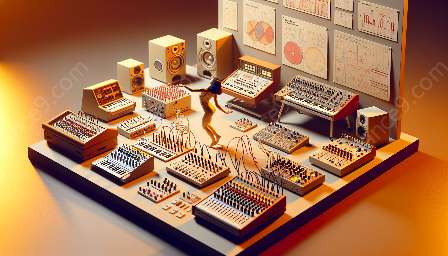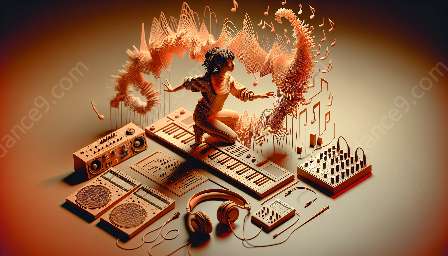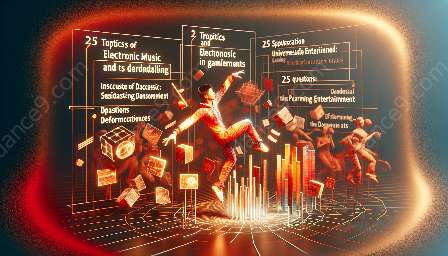Electronic music has a rich history that has significantly influenced the genre of dance and electronic music. From inventors experimenting with sound to the development of synthesizers and electronic instruments, the origins of electronic music have shaped the modern music landscape in unique and innovative ways.
The Beginnings of Electronic Sound
The origins of electronic music can be traced back to the late 19th century with the discovery of electricity and its potential for producing sound. Inventors and scientists began experimenting with electronic sound generation, leading to the creation of the first electronic instruments such as the Theremin and the Ondes Martenot. These early developments laid the groundwork for the future of electronic music.
The Impact of Avant-Garde and Experimental Music
In the early 20th century, avant-garde and experimental composers started using electronic instruments and technology to expand the possibilities of music composition. Artists like Karlheinz Stockhausen and Pierre Schaeffer pioneered electronic music techniques, creating groundbreaking works that pushed the boundaries of traditional music.
Evolution of Synthesizers and Electronic Instruments
The development of synthesizers and electronic instruments played a pivotal role in the evolution of electronic music. Innovations by companies like Moog and Buchla led to the creation of analog synthesizers, opening up new sonic possibilities and shaping the sound of electronic music for decades to come.
The Rise of Electronic Dance Music
Electronic music's influence on dance culture became apparent in the 1970s with the emergence of disco and electronic dance music (EDM). Artists and producers began incorporating electronic elements into dance music, leading to the creation of iconic tracks and shaping the sound of nightclub culture.
Technological Innovations and Dance Music
The advancement of technology, including drum machines, samplers, and sequencers, revolutionized the production of dance music. Producers and DJs embraced these tools to create infectious rhythms and electronic beats, contributing to the global popularity of dance and electronic music.
Global Impact and Contemporary Trends
Electronic music has continued to evolve and diversify, with various subgenres such as techno, house, trance, and dubstep gaining popularity worldwide. The global impact of electronic music has transcended traditional boundaries, influencing artists, festivals, and dance culture on a global scale.
Influence on Modern Music Production
The origins of electronic music have significantly impacted modern music production and composition. Artists and producers continue to explore electronic soundscapes, blending analog and digital technologies to create innovative and boundary-pushing music across various genres.
As the origins of electronic music continue to inspire new generations of artists and musicians, its influence on the history of dance and electronic music remains profound, shaping the sonic landscape of contemporary music and dance culture.






























